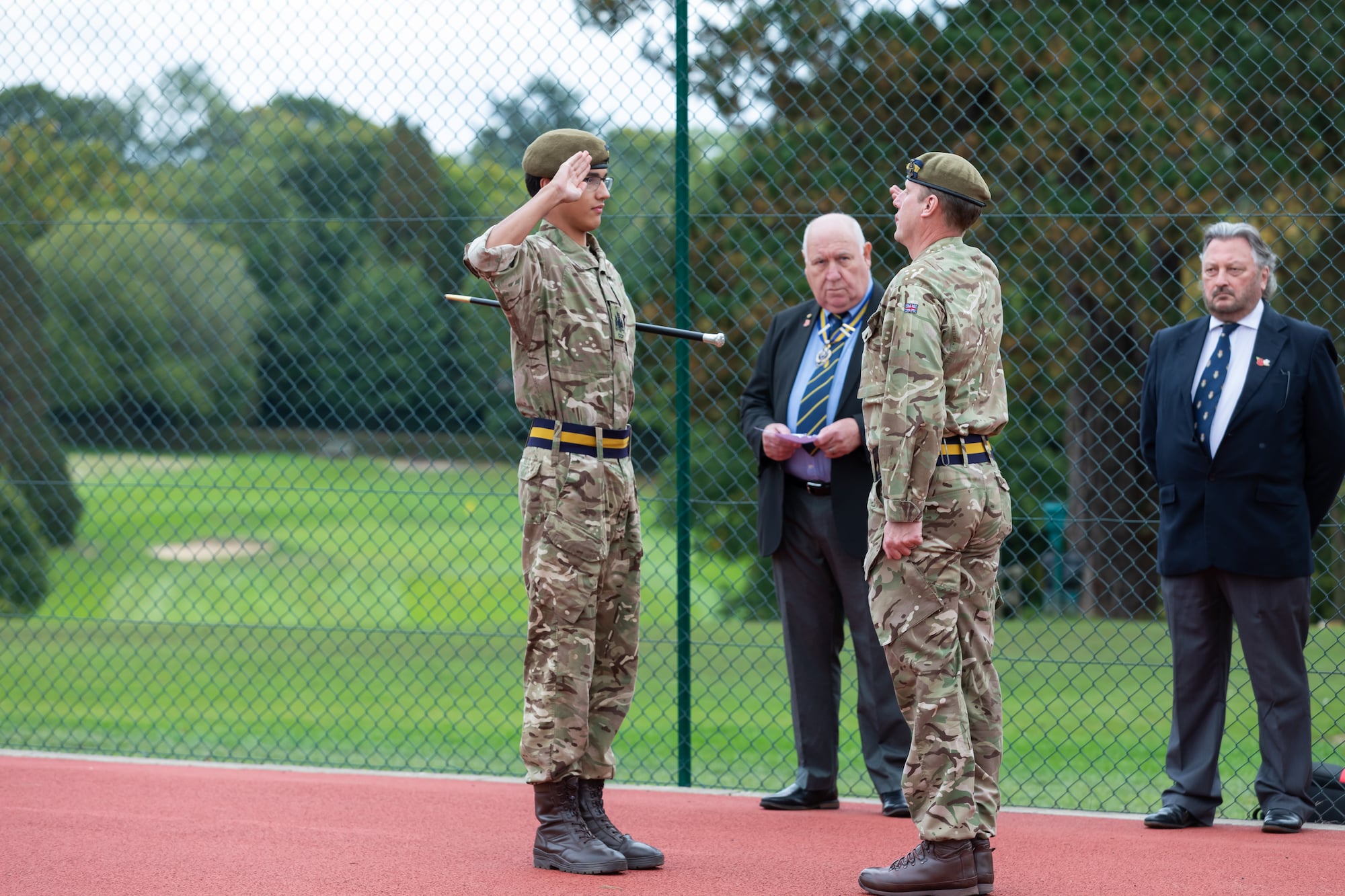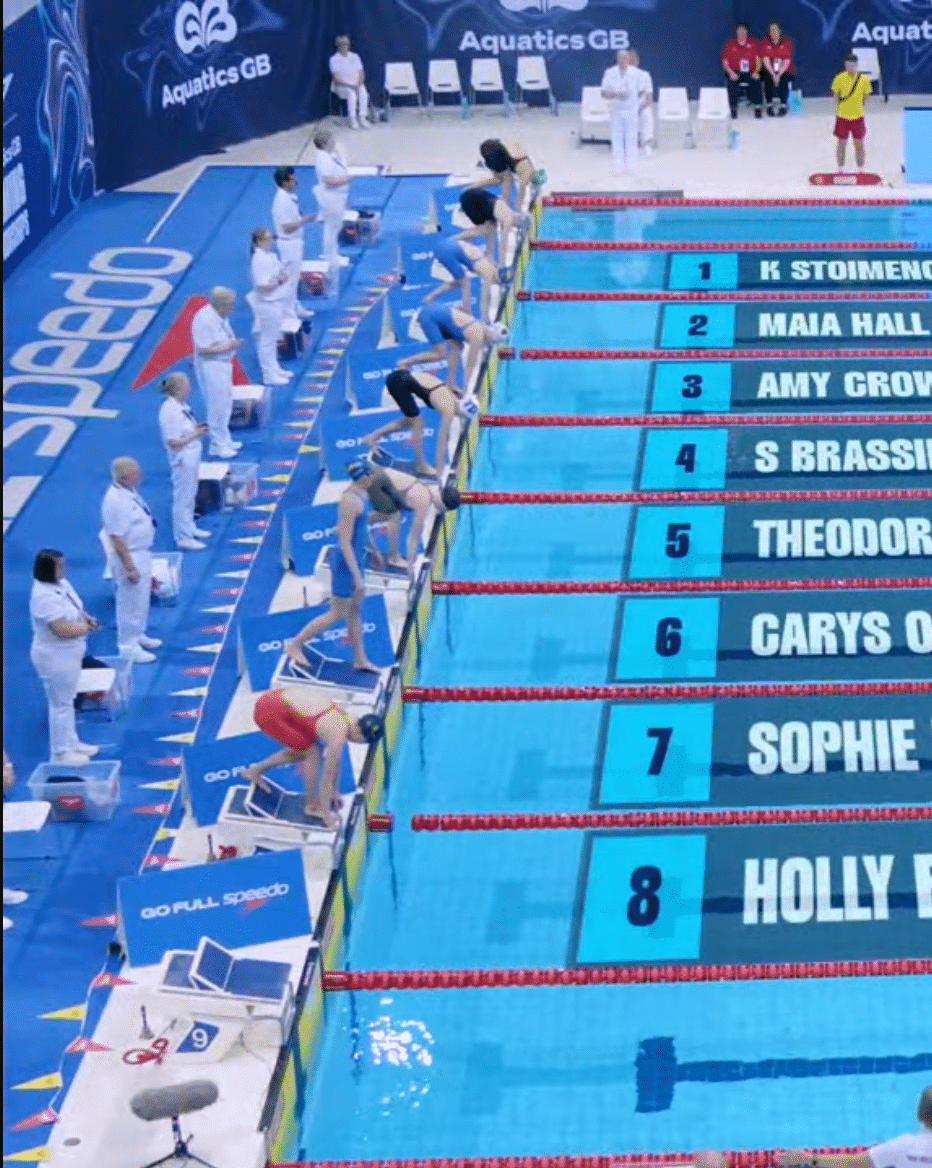As part of the Bach Choir’s concert in the Royal Festival Hall on 10 June, I have the enormous privilege of performing the “Cortège et Litanie” by Marcel Dupré with the Philharmonia Orchestra. The programming of this piece, together with the prominent organ part in the Berlioz “Te Deum”, is designed to show off the Festival Hall organ, which has been recently refurbished by Harrison and Harrisons.
of performing the “Cortège et Litanie” by Marcel Dupré with the Philharmonia Orchestra. The programming of this piece, together with the prominent organ part in the Berlioz “Te Deum”, is designed to show off the Festival Hall organ, which has been recently refurbished by Harrison and Harrisons.
Marcel Dupré (1886-1971) was one of the most celebrated organ virtuosos of the twentieth century, and one of the most prolific composers for the instrument. He was a child prodigy, and went on to work with such figures as Guilmant, Vierne and Widor, succeeding the latter as titulaire organist at the church of St. Sulpice in Paris from 1934 until his death in 1971. Like Dupré, I have performed the complete organ works of J.S. Bach on several occasions – but, unlike him, I had to have the music in front of me!
As those who sang in the recent performance of “The Dream of Gerontius” heard, the Festival Hall organ is now sounding absolutely magnificent. It is the subject of a huge Southbank Centre festival, which lasts about three months and celebrates the 6-year long restoration project. New works have been commissioned by Sir John Tavener and Sir Peter Maxwell Davies, and some of the greatest organists in the world have performed on the instrument. So you can imagine what an honour I feel to have been given this golden opportunity!
Dupré’s music is often very complex, with a highly developed (and sometimes astringent) harmonic language. In fact, quite a few of his works were initially improvised in public performances, and only subsequently written down. The “Cortège et Litanie”, however, is one of his most accessible compositions. It has a number of different versions, starting out as some incidental music to a play for chamber ensemble, and then subsequently being transcribed for piano solo, then organ solo, and finally for organ and symphony orchestra. Beginning in a very intimate and understated manner, Dupré states, develops and eventually combines two contrasting themes (a chorale-like melody for the “Cortège”, and an insistently rhythmic motif for the “Litanie”), and gradually builds up the organ from the quiet, ethereal strings to the climactic Tutti at the end. It is a tremendous work, and will prove to be a worthy companion piece to the rest of the programme of Berlioz, Debussy and Jonathan Dove. I can’t wait!
Philip Scriven
Back to all news











